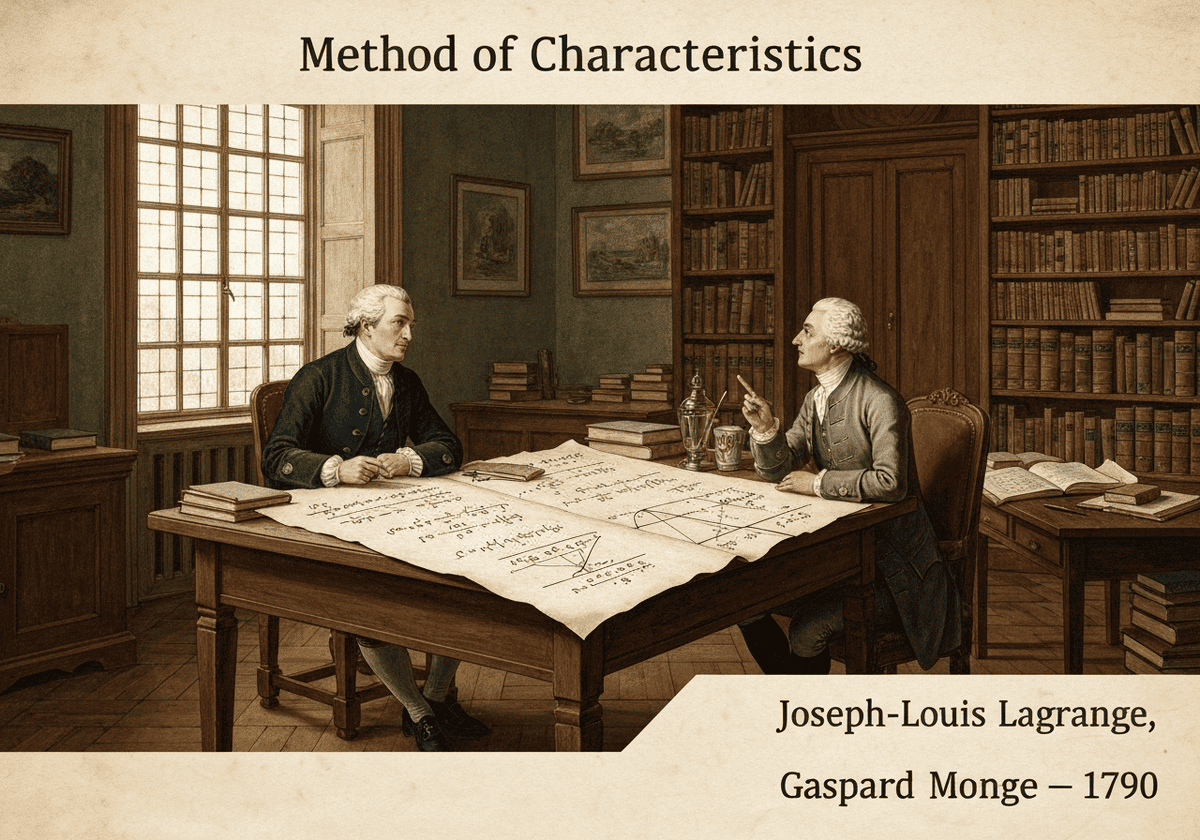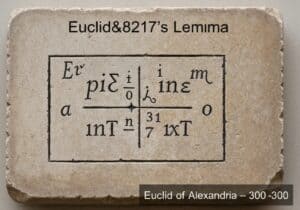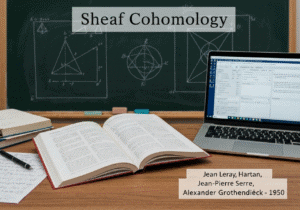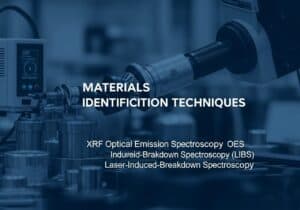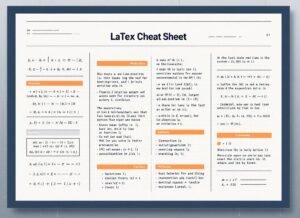A technique for solving first-order and hyperbolic second-order partial differential equations (PDE). The method reduces a PDE to a family of ordinary differential equations (ODEs) along specific curves called ‘characteristics’. Along these curves, the PDE simplifies, allowing the solution to be found by integrating the system of ODEs. It is particularly powerful for problems involving transport and wave propagation.
The core idea of the method of characteristics is to find curves in the domain of the PDE along which the solution’s behavior is simpler. For a first-order quasilinear PDE of the form \(a(x,y,u)u_x + b(x,y,u)u_y = c(x,y,u)\), the method involves solving a system of ODEs called the characteristic equations: \(frac{dx}{dt} = a\), \(frac{dy}{dt} = b\), and \(frac{du}{dt} = c\). By solving this system, one can trace back the value of the solution \(u\) from a point \((x,y)\) to the initial data curve.
For hyperbolic equations, there are multiple families of characteristic curves. For the one-dimensional wave equation \(u_{tt} – c^2 u_{xx} = 0\), the characteristics are the straight lines \(x pm ct = text{constant}\). Information, or the values of the solution, propagates along these lines. This is the mathematical basis for d’Alembert’s solution, which shows the solution as a sum of right- and left-traveling waves.
A significant feature of the method when applied to nonlinear equations is its ability to predict and handle the formation of shock waves or discontinuities. If the characteristic curves, which carry constant values of the solution, intersect, it implies that the solution is trying to take on multiple values at the same point. This signals the breakdown of a smooth solution and the formation of a shock, a phenomenon common in gas dynamics and traffic flow.

